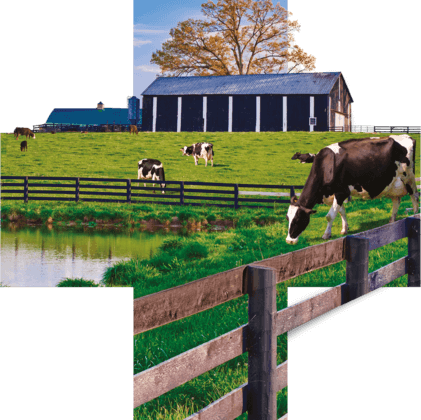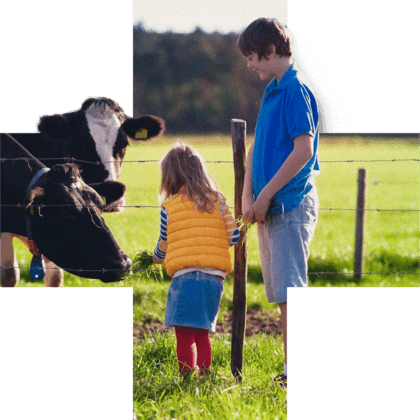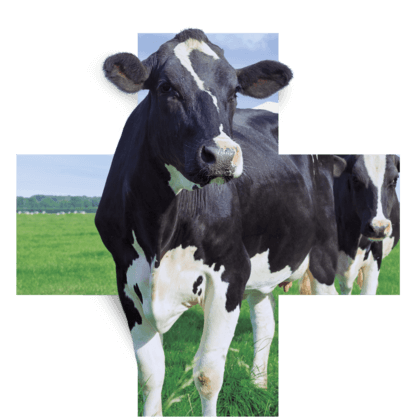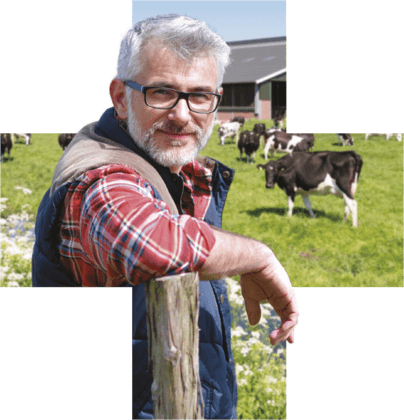Challenges
As farmers, vets and humans, we must accept the new challenges related to the treatment of parasites.
Because less today means more tomorrow.
Take action now to protect the efficacy of wormers, the health of animals under your care, the environment, the trust of consumers and herd profitability.









